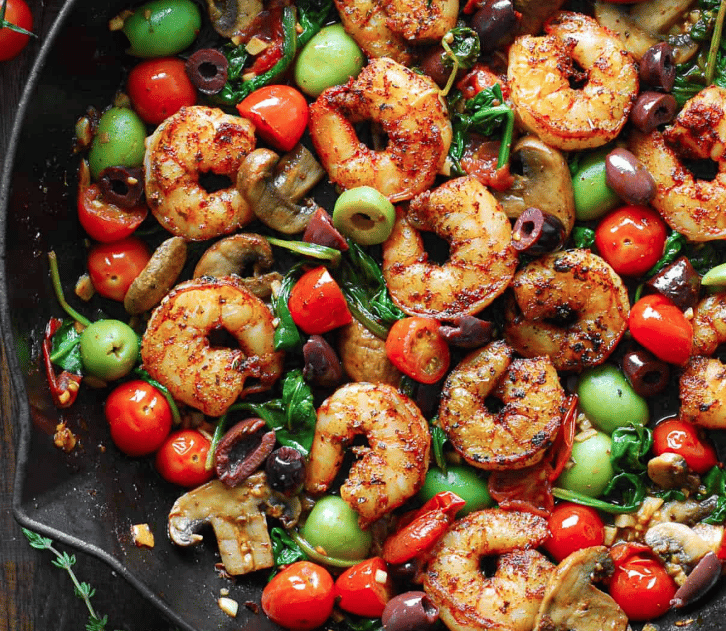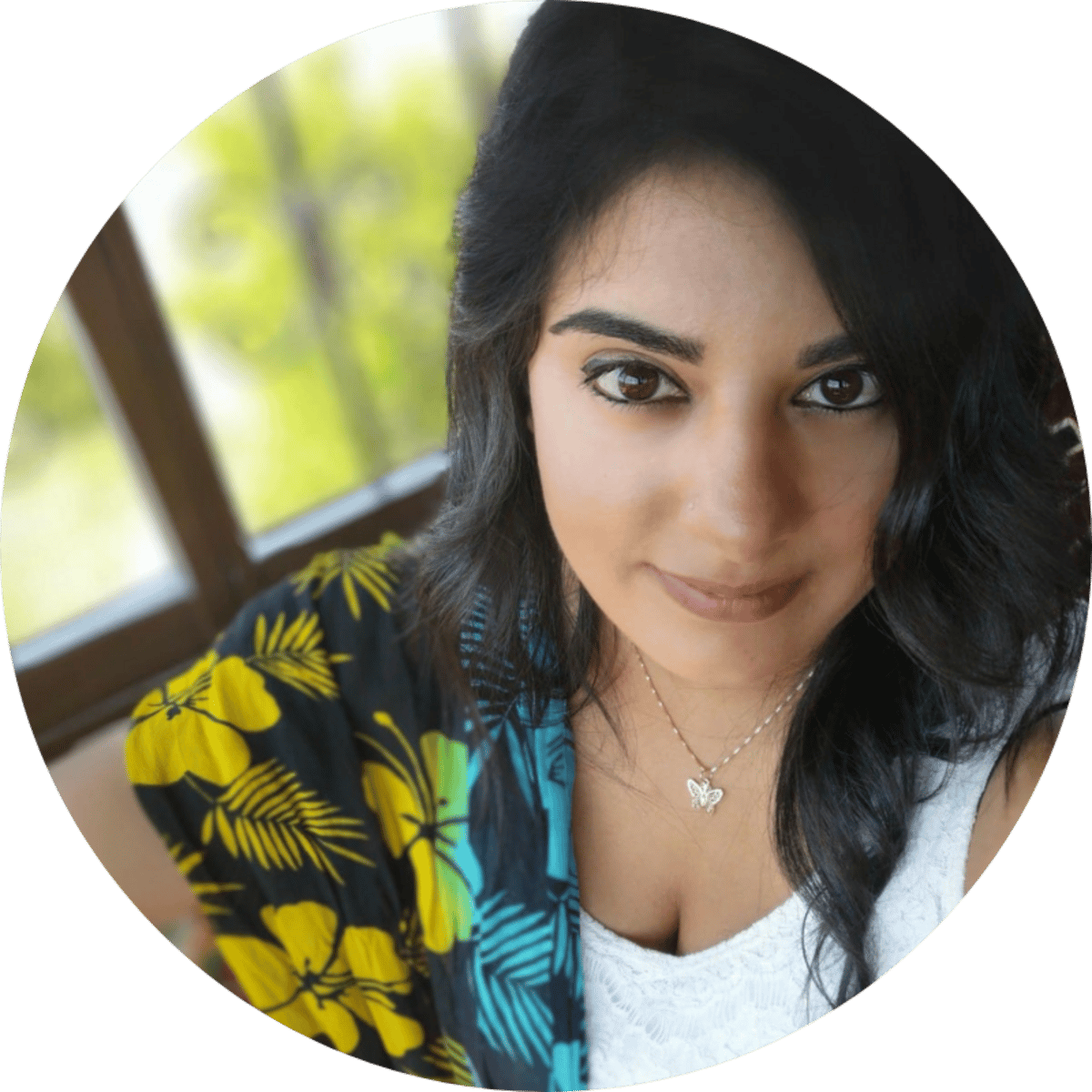Good morning. It’s Saturday, August 2, and today we’re tackling the 10 most common—and most confusing—questions women ask when they’re navigating PCOS. From mystery chin hairs to missing periods and bloating that won’t quit, we’re breaking it all down.
New here? Join other women who are thriving and managing PCOS naturally. Sign up here.
And, as always, share your feedback at [email protected]
The Essentials
The 10 Most Asked PCOS Questions (Answered)
Whether you were just diagnosed or you’ve been in the hormone trenches for years, these are the questions we hear again and again—from smart, capable women who just want real answers.
Let’s get into it.
Question 1. Why do I have PCOS—and can it go away?
PCOS is a syndrome, not a disease—meaning it’s a collection of symptoms with different root causes. It can be triggered by genetics, inflammation, insulin resistance, stress, or even coming off the pill.
Can it go away? Not exactly. But it can absolutely go into remission. Many women reverse their symptoms and regulate their hormones naturally once they target the root issues.
Question 2. How do I know what type of PCOS I have?
There are 4 commonly discussed PCOS types:
Insulin-resistant PCOS (most common)
Inflammatory PCOS
Adrenal PCOS
Post-pill PCOS
Your symptoms + bloodwork can help identify which type you have.
Pro tip: You might be dealing with a combo. It’s not always one-size-fits-all. A hormone-literate practitioner or targeted quiz can help you figure it out.
Question 3. Why is it so hard to lose weight with PCOS?
Because your hormones aren’t just playing defense—they’re calling the shots.
High insulin = more fat storage.
High cortisol = more cravings.
Low progesterone = sluggish metabolism.
Until you balance your hormones and blood sugar, your body will resist weight loss. It’s not laziness—it’s biology.
Question 4. Can I still eat carbs if I have PCOS?
YES. Please stop ghosting carbs. You don’t need to cut them—you need to time them.
Eat carbs:
With protein + fat
After fiber
Later in the day when insulin sensitivity improves
Choose whole, fiber-rich carbs like sweet potatoes, lentils, or sourdough.
Blood sugar balance is queen energy.
Question 5. What supplements actually help manage PCOS symptoms?
It depends on your symptoms and root cause, but some of the most well-studied ones include:
Myo-inositol – for insulin resistance & ovulation
Magnesium – for blood sugar, sleep, and stress
Zinc – for acne, hair loss, and immunity
Spearmint tea – for excess androgens (like chin hair)
DIM – for hormone detox (especially if estrogen is high)
Always start slow. More supplements ≠ faster results.
Question 6. Why is my period missing, super irregular, or lasting forever?
Because your body isn’t ovulating regularly—and that’s often tied to insulin resistance, stress, or inflammation.
No ovulation = no progesterone = irregular, heavy, or missing periods.
You can restore your cycle naturally by:
Balancing blood sugar
Reducing stress
Supporting your gut and liver
Nourishing your body (not starving it)
Question 7. Why am I growing hair in places I don’t want—and losing it where I do?
This is called androgen excess, and it’s super common with PCOS.
Facial/chin/body hair = high testosterone/DHT
Hair loss at the scalp = sensitivity to those hormones
Lowering insulin, reducing stress, and using anti-androgen support (like spearmint tea, zinc, or saw palmetto) can help rebalance things.
Question 8. Can PCOS cause anxiety, depression, or mood swings?
Absolutely. Hormones like insulin, cortisol, and estrogen directly affect your mood.
Plus, the emotional toll of dealing with PCOS symptoms 24/7? That’s enough to overwhelm anyone.
Addressing gut health, blood sugar balance, and nervous system support (hello magnesium and B vitamins) can do wonders. So can therapy, community, and getting answers.
Question 9. What’s the best way to reduce bloating and inflammation with PCOS?
Start with food—but don’t stop there.
Eat anti-inflammatory foods (leafy greens, berries, fatty fish, turmeric)
Cut back on sugar, alcohol, and seed oils
Heal your gut with fiber + probiotics
Walk after meals and prioritize sleep
And yes, stress counts as inflammation, so don’t underestimate the power of rest and boundaries.
Question 10. Do I need to be on birth control to manage PCOS?
Nope. Birth control can mask symptoms (like irregular periods or acne), but it doesn’t fix the root cause.
For some women, it’s a short-term tool—but it’s not the only option. Natural strategies like balancing blood sugar, supporting ovulation, and reducing inflammation can regulate cycles and symptoms without synthetic hormones.
When you start asking questions things get a whole lot clearer.
Reply to this email if you have a question that wasn’t answered and I’ll answer it in the next issue!
You’re not alone. You’re just getting started.
Recipe of the Week
Mediterranean Shrimp (30 Minutes, One-Pan)

This Mediterranean Shrimp recipe from Julia’s Album is a light, vibrant dish bursting with fresh flavors. Succulent shrimp are sautéed with garlic, cherry tomatoes, Kalamata olives, capers, and baby spinach—all simmered in olive oil and lemon juice for a tangy, savory finish. It’s a quick, one-pan meal that’s perfect for busy weeknights but elegant enough for guests. Serve it with pasta, rice, or crusty bread to soak up all that delicious sauce! Full Recipe Available HERE.
PCOS Confessions
“I don’t chase a flat stomach anymore — I chase stable blood sugar, and that’s way more rewarding.”
— Nadia, 30
“I used to skip meals to ‘be good.’ Now I eat breakfast with 30g of protein and feel like a queen by noon.”
— Erin, 31
“My relationship with food has gone from fear to fuel. I actually enjoy eating again.”
— Lena, 36
Share your PCOS Confession if you want to be featured in next weeks edition!
Just hit reply to this email and share your thoughts.
How did you like today's newsletter?
If you can dance and be free and not be embarrassed, you can rule the world.
Why PCOS Queens? I want to save you the energy and time in researching and instead give you the shortcut to managing PCOS. I want to help you avoid feeling self-conscious and thinking you have to accept how things are. I want to help you overcome the worst of your symptoms, feel empowered and discover your inner strength. I want to hand you the keys to take back control of your life.
*Disclaimer: Every women is unique, and this information is provided for educational purposes only. I share summarized research data and personal experience, but this should not be considered medical advice. Always consult your healthcare provider for guidance on your specific health needs.

